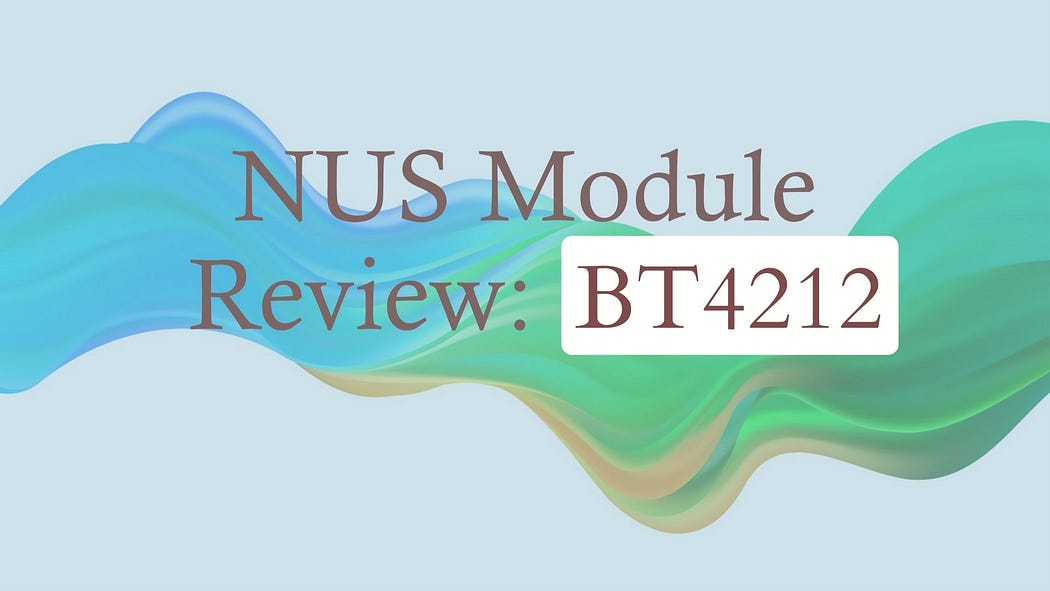
Module: BT4212 Search Engine Optimization and Analytics
Semester taken: SEM1 AY2022/2023
Lecturer / Tutor: Jin Chen
Module Synopsis (taken from nusmods.com)
This course teaches the concepts, techniques and methods to analyse and improve the visibility of a website or a web page in search engines via the “natural” or un-paid (“organic” or “algorithmic”) search results. Students will be taught concepts and knowledge in terms of how search engines work, what people search for, what are the actual search terms or keywords typed into search engines, which search engines are preferred by their targeted audience, and how to optimize a website in terms of editing its content, structure and links, and associated coding to both increase its relevance to specific keywords and to remove barriers to the indexing activities of search engines. Importantly, the module will emphasize the relationship of search engine optimization to digital marketing in terms of building high quality web pages to engage and persuade, setting up analytics programs to enable sites to measure results, and improving a site’s conversion rate.
Main Learning Objectives
- Understand how search engines work
- Understand search engine optimisation and its major components / factors
- Understand how to design field experiments for causal effect analysis
- Understand and apply pagerank algorithm
- Understand and apply regression techniques to find (relative) rank of web pages and in a search engine optimisation setting
Course Deliverables / Graded Components
- Finals: 50%
- Group Project & 4 Homework: 40%
- 2 Quizzes: 5%
- Class Participation: 5%
Personal Review
I took this module to learn about Search Engine Optimisation in greater depth, out of interest.
Prof Jin Chen’s lecture notes had a lot of slides, and most contained a lot of images and explanation. After the first 3 weeks, the content became heavier and at some point, the concepts were quite tough to grasp for me during the lecture timeslot.
However, as I did the homework assignments, which were each designed according to one major topic, I was able to better understand the content and apply the concepts required. Consulting Prof Jin Chen, the tutors, and peers helped me tremendously as well. The homework required us to use either R or Python to answer the questions, so you should have some experience with these 2 languages as there is no introductory course lecture to R and Python for this module.
For the group project, we were tasked to come up with 3 hypotheses regarding factors that would affect a webpage’s search ranking and design 3 (independent) experiments to test the hypotheses. The project deliverable was a written proposal and it was not necessary to carry out the experiments.
A useful takeaway for me was when Prof Jin Chen showed us how to interpret the different metrics shown in Google Analytics console, since as a beginner the console can feel overwhelming and confusing.
Ending Note
I highly recommend this module if you would like to learn about the “math” behind search engine optimisation, specifically pagerank. The slides did not shy from equations and symbols. But, when it came to quizzes and the final test, it was more important that you understood the key concepts and applied them. No advanced math was required for those components too.
Read my full list of module reviews!
I also sell my module notes here, feel free to browse!
Thank you for reading!